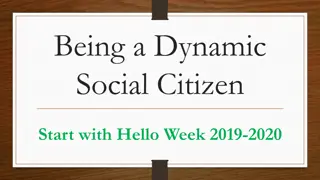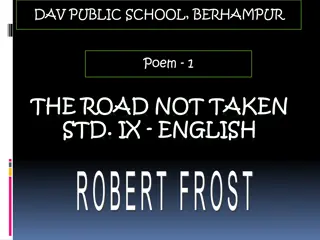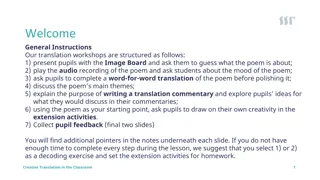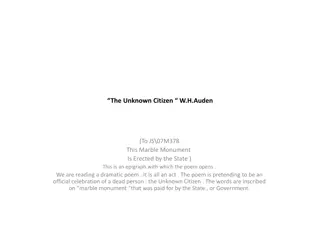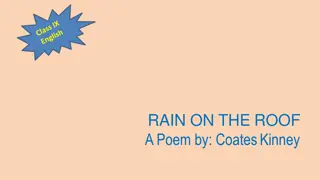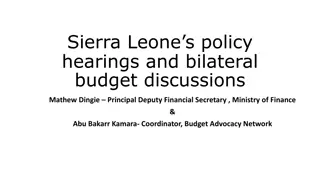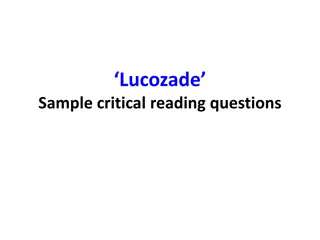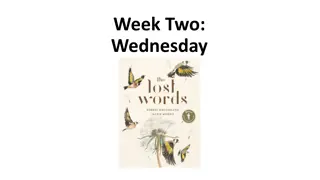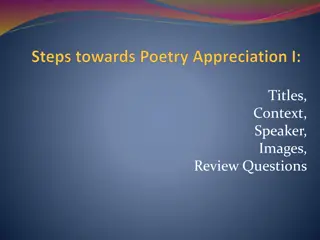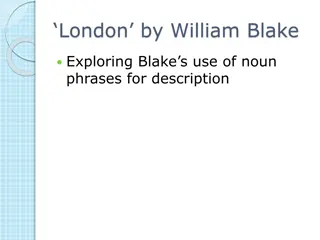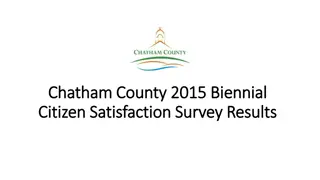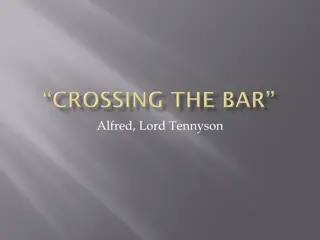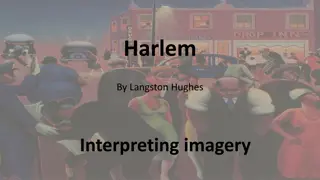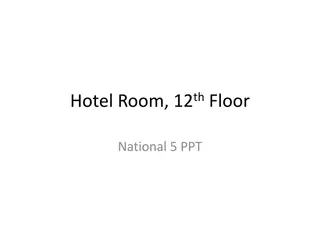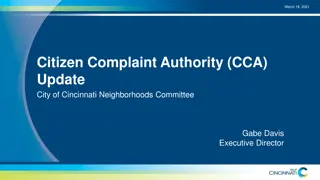Analysis of 'The Unknown Citizen' Poem
In this analysis, explore W.H. Auden's satirical elegy 'The Unknown Citizen'. Delve into the theme, lines, and significance of the poem in criticizing societal norms and government control.
Uploaded on Mar 04, 2025 | 0 Views
Download Presentation

Please find below an Image/Link to download the presentation.
The content on the website is provided AS IS for your information and personal use only. It may not be sold, licensed, or shared on other websites without obtaining consent from the author.If you encounter any issues during the download, it is possible that the publisher has removed the file from their server.
You are allowed to download the files provided on this website for personal or commercial use, subject to the condition that they are used lawfully. All files are the property of their respective owners.
The content on the website is provided AS IS for your information and personal use only. It may not be sold, licensed, or shared on other websites without obtaining consent from the author.
E N D
Presentation Transcript
Content Prepared by Ms. C. SASIKALA Assistant Professor, Department of English, Jamal Mohamed College, Trichy 620 020.
THE UNKNOWN THE UNKNOWN CITIZEN CITIZEN - - W.H.Auden W.H.Auden
AGENDA Introduction Theme of the poem Lines of the poem Explanation
INTRODUCTION Wystan Hugh Auden 21 February 1907 29 September 1973 was an Anglo-American poet. Auden's poetry was noted for its stylistic and technical achievement, its engagement with politics, morals, love, and religion, and its variety in tone, form, and content. Some of his best known poems are about love, such as "Funeral Blues"; on political and social themes, such as "September 1, 1939" and "The Shield of Achilles"; on cultural and psychological themes, such as The Age of Anxiety; and on religious themes such as "For the Time Being" and "Horae Canonicae".
THEME OF THE POEM "The Unknown Citizen" was written by the British poet W.H. Auden, not long after he moved to America in 1939. The poem is a kind of satirical elegy written in praise of a man who has recently died and who lived what the government has deemed an exemplary life.
POEM LINES POEM LINES He was found by the Bureau of Statistics to be One against whom there was no official complaint, And all the reports on his conduct agree That, in the modern sense of an old-fashioned word, he was a saint, For in everything he did he served the Greater Community.
Except for the War till the day he retired He worked in a factory and never got fired, But satisfied his employers, Fudge Motors Inc. Yet he wasn't a scab or odd in his views, For his Union reports that he paid his dues, (Our report on his Union shows it was sound) And our Social Psychology workers found
That he was popular with his mates and liked a drink. The Press are convinced that he bought a paper every day And that his reactions to advertisements were normal in every way.
Policies taken out in his name prove that he was fully insured, And his Health-card shows he was once in hospital but left it cured. Both Producers Research and High-Grade Living declare He was fully sensible to the advantages of the Instalment Plan
And had everything necessary to the Modern Man, A phonograph, a radio, a car and a frigidaire. Our researchers into Public Opinion are content That he held the proper opinions for the time of year; When there was peace, he was for peace: when there was war, he went. He was married and added five children to the population,
Which our Eugenist says was the right number for a parent of his generation. And our teachers report that he never interfered with their education. Was he free? Was he happy? The question is absurd: Had anything been wrong, we should certainly have heard.



